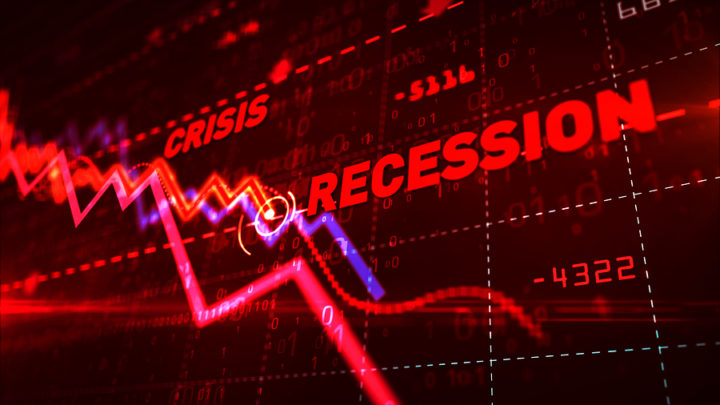2020 saw the biggest disruption to our businesses, communities and lives for decades – probably since WWII.
But the coronavirus pandemic followed close on the heels of the Australian bushfires, the resources industry crash, massive floods, the Global Financial Crisis…It seems that we no sooner get through one crisis when another one comes along.
And that is exactly what does happen.
So, why are we always surprised when another disruptive event happens? Why do we treat the crisis times as abnormal, and the good times as normal when, in reality, it’s the other way around.
The boom and bust cycle
I have personally experienced many such events over my lifetime – both in life and in business.
Growing up on a rural property, some of my earliest memories are of helping my parents hand-feed cattle. We experienced huge ups and downs in grain and cattle prices. Sometimes, cattle were like gold on legs and other times they would actually cost money to send to market – the freight cost more than the sale price received. In 25 years of running my own businesses, I’ve experienced and survived several economic booms and busts when stockmarkets reached insane heights, before plunging.
Through all these booms and busts, business crises brought on by natural disasters, and tragic life events, I have concluded that it is all ‘normal’.
Eventually, I put pen to paper and wrote about my experiences, and what I have learned from them, in a book Small Company, Big Crisis: How To Prepare For, Respond To, And Recover From A Business Crisis.
The premise of the book is that while nobody can accurately tell what is ahead of us, even a small amount of thought and preparation can mean the difference between life and death for a business when a crisis hits.
Analysing the risks
There are some risks that your business faces that, while you fervently hope they will not happen, you can put some measures in place to limit or even prevent any damage.
As an example, look through this list and consider whether one of these events would disrupt your business – and potentially cause it to collapse:
- A long-term employee leaves and takes all their knowledge with them.
- Hackers invade your computer systems and delete or steal all your files.
- You, your business partner, or a family member becomes ill, or worse, passes away.
- You, or your business partner/s, go through a divorce.
- A trusted employee commits fraud and steals tens or hundreds of thousands of dollars.
- Your best, and largest customer, decides to switch to another supplier.
- A new technological innovation suddenly makes your product or service obsolete.
- Your main supplier’s premises burn down, and they can no longer supply you with product.
- A global pandemic strikes.
That last one wasn’t on my list of business risks, but it certainly is now.
The list above is by no means exhaustive, but you get the idea. There are many, many events that can impact your business.
In 2020 – 2021, it is the businesses that had done some thinking and preparation in advance that were in the best position to survive the COVID 19 pandemic – and any other crisis that may come along. Research in the UK shows that companies that had planned for Brexit – even though the outcome was very uncertain – are the ones that have best survived the pandemic.
The steps to prepare your business are not difficult and do not take a lot of time, but will ensure that a left-field event is not fatal to your business. A small amount of time spent now can save a world of pain later.
















